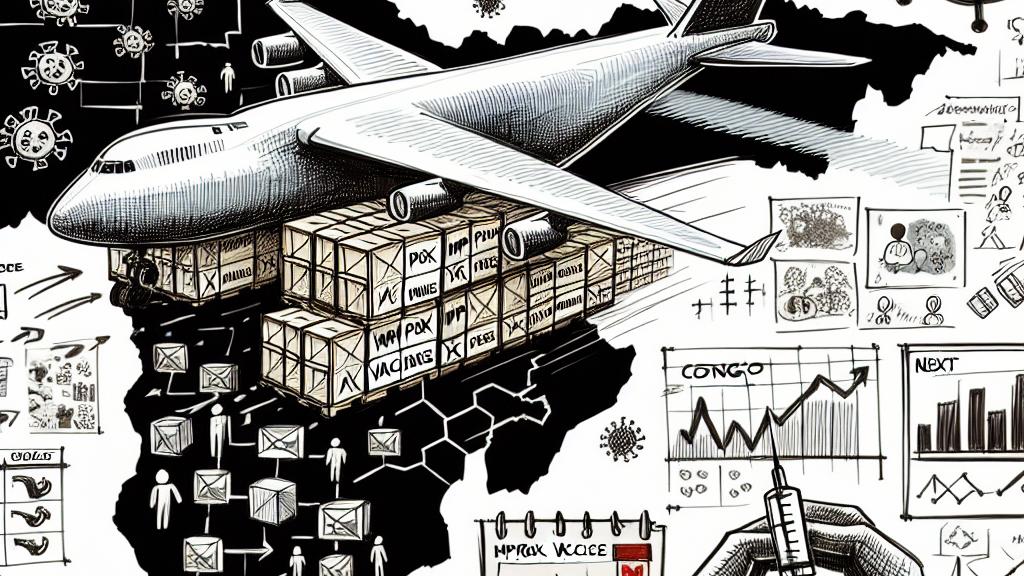Congo's Race Against Time: The Arrival of Mpox Vaccines to Fight a Global Crisis!
Overview
- Congo is about to receive its first doses of mpox vaccines from the U.S. next week, marking a critical step in addressing the outbreak.
- The nation is facing a severe health crisis, with over 96% of global mpox cases and deaths reported this year occurring in Congo.
- A newly identified variant of the mpox virus complicates detection and presents increased risks for the population.

Critical Vaccine Delivery Timeline
In a significant development announced by health officials in Kinshasa, Congo will receive its first doses of mpox vaccines from the United States next week. This delivery coincides with the World Health Organization's alarming declaration of the mpox outbreak in Africa as a global emergency. The response from international allies highlights the urgent need for nearly 3 million vaccine doses to combat the rapidly spreading infection that is disproportionately impacting Congo's population. This timely arrival of vaccines not only brings hope but also emphasizes the importance of global cooperation in addressing health emergencies.
Disproportionate Impact on Youth
Congo's most vulnerable citizens are at the forefront of this health crisis, with children under the age of 15 accounting for an astonishing 70% of mpox cases and a staggering 85% of related deaths. These statistics underscore the severe implications for public health and the challenges faced by Congo’s beleaguered healthcare infrastructure. The situation is exacerbated by a newly identified variant of mpox that poses a greater risk due to its milder symptoms, which can lead to unnoticed transmissions. Health experts are alarmed, as this variant can delay diagnosis and recovery, allowing the virus to spread further within communities.
Global Health Implications and Future Prospects
As of now, over 17,000 mpox cases and 500 deaths have been documented globally this year, with more than 96% occurring in Congo. This outbreak serves as a stark reminder of the vulnerabilities within national healthcare systems, especially in regions with limited resources. The committed support from the U.S. and Japan in providing vaccines showcases the need for solidarity in combatting this escalating crisis, but it is also a call to strengthen health infrastructures. The newly detected variant heightens concern, with reports of cases in neighboring countries underscoring the need for vigilant international surveillance and rapid response measures. The global health community must work tirelessly to prevent further spread and ensure that the most at-risk populations receive the necessary protection to safeguard their health.

Loading...